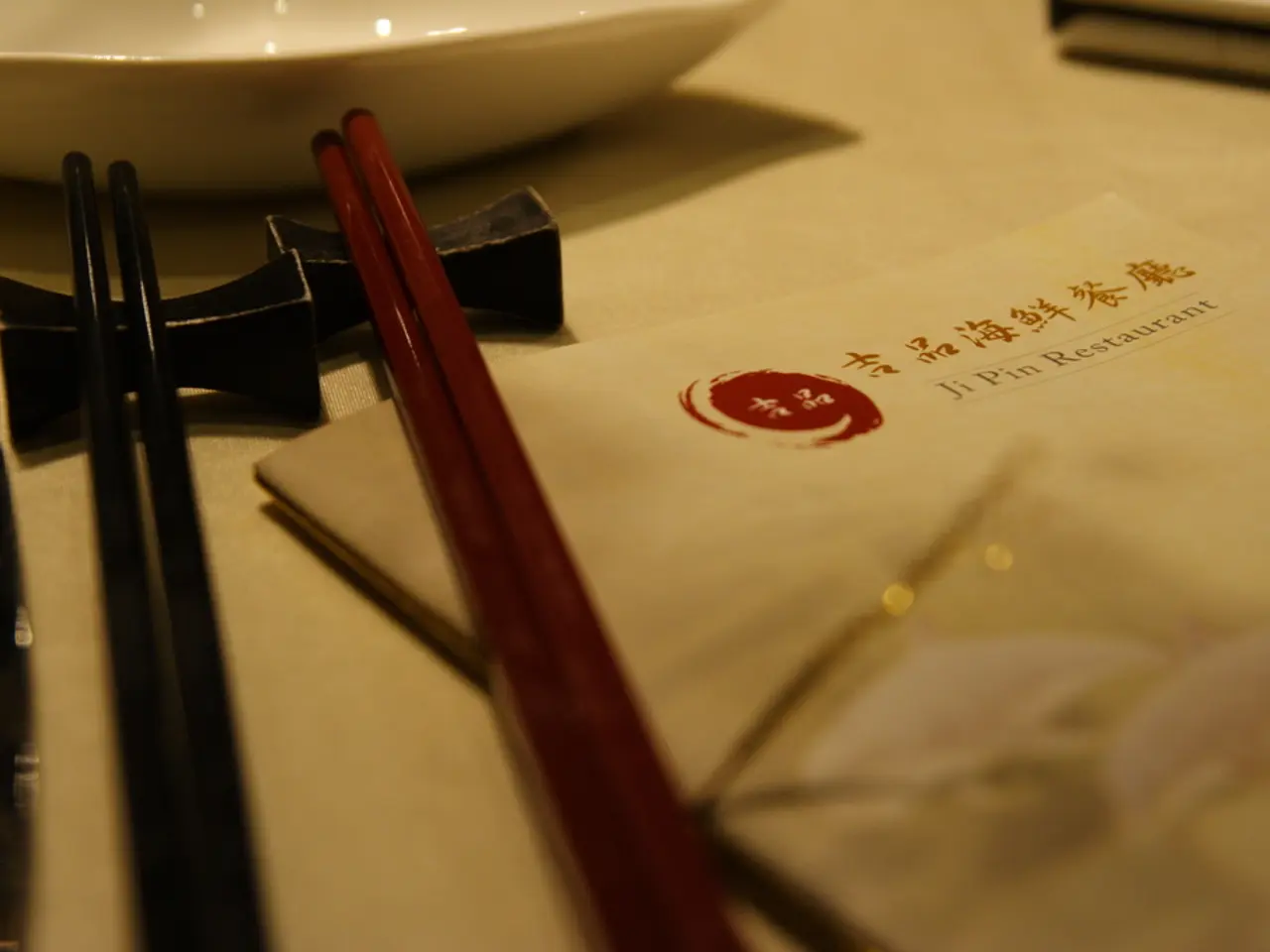Support for Aging Japanese War Orphans Maintained in Chinese Language, After Eight Decades
A Unique Nursing Care Facility in Tokorozawa, Saitama Prefecture
In the heart of Tokorozawa, Saitama Prefecture, there's a special nursing care facility named Isshoen. This facility offers a unique service, catering to a specific group of individuals – Japanese war orphans who were left behind in China during and after World War II.
Mariko Kamijo, a 47-year-old woman, is the eldest daughter of one such repatriated orphan. Her father, Mitsuhiko, was left behind in China at the age of 7. Mariko's experiences with her father's past inspired her to start the nursing care business, aiming to provide support and care to those who, like her father, faced similar challenges.
More than half of the individuals using Isshoen are Japanese who went to China as children during the war and were later left behind. The facility provides support in Chinese to meet the needs of these war orphans, many of whom speak little or no Japanese.
Inside Isshoen, much of the conversation is in Chinese, and the clients occasionally chant "Yi, er, san, si," which means one, two, three, four in Chinese. This cultural touch adds a sense of familiarity and comfort for the clients.
The facility offers light exercises and recreational activities, helping these individuals to maintain their physical and mental health. Kamijo, the facility's founder, addresses the clients in Chinese, further enhancing the sense of community and belonging.
Unfortunately, there is a lack of information available about the accommodation and care of Japanese war orphans left in China after World War II who returned to Japan and face language barrier challenges. Isshoen stands as a beacon of hope and care for these individuals, providing a space where they can feel at home.
The clients at Isshoen struggle to adapt to conventional nursing homes due to language barriers. Isshoen, with its Chinese-speaking staff and environment, is designed to cater to the needs of these war orphans, offering them a place where they can thrive.
As Japanese war orphans repatriated from China decades ago enter old age, facilities like Isshoen become increasingly important. They provide a vital service, ensuring that these individuals receive the care and support they need, while also preserving their cultural heritage.
Read also:
- Peptide YY (PYY): Exploring its Role in Appetite Suppression, Intestinal Health, and Cognitive Links
- Toddler Health: Rotavirus Signs, Origins, and Potential Complications
- Digestive issues and heart discomfort: Root causes and associated health conditions
- House Infernos: Deadly Hazards Surpassing the Flames








